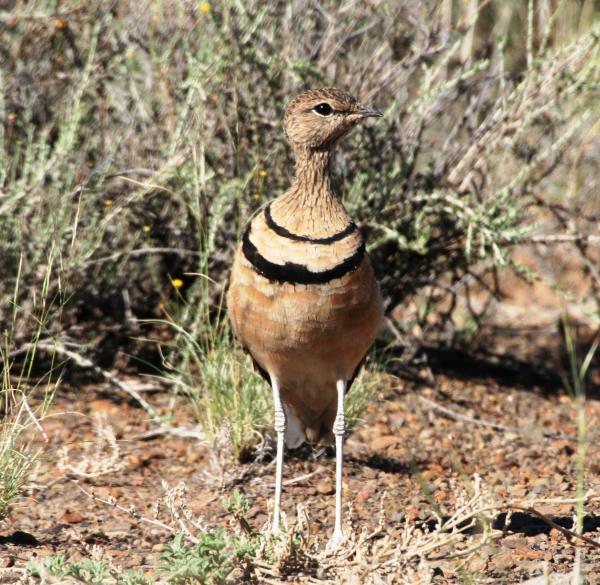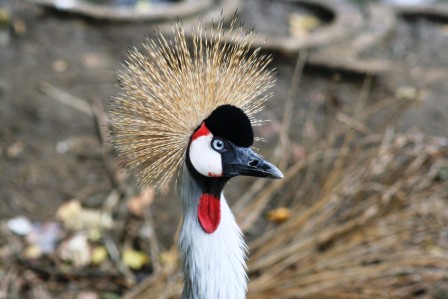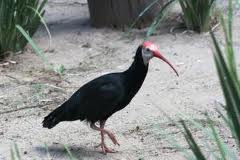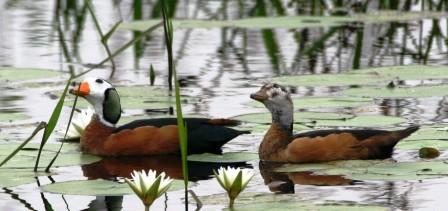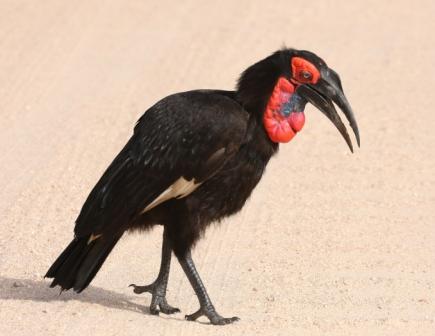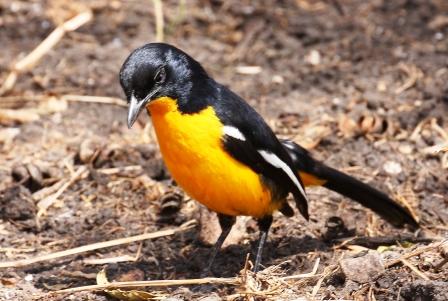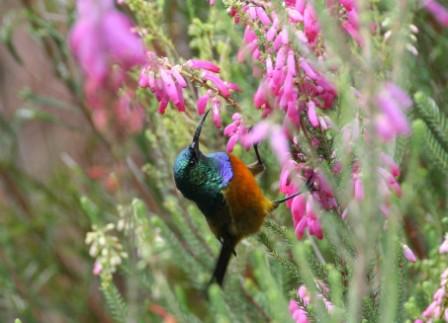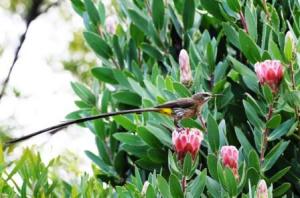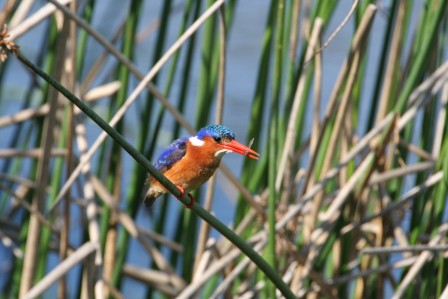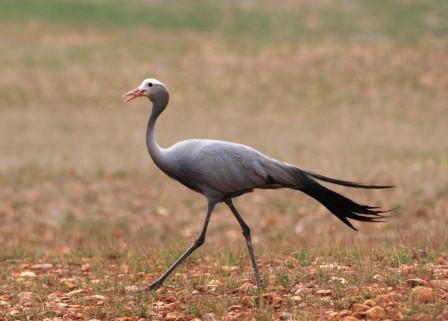|
|
JOIN OUR MAILING LIST |
|
Newsletter / Blog 2012-06-08 Tipped to become mainland Africa's first recorded bird extinction – Liben Lark. Liben Lark [ Sidamo Lark] - Heteromirafra sidamoensis - is listed as Critically Endangered. It has an extremely small range [a single grassy plain in southern Ethiopia] and its range size is decreasing. The remaining habitat is rapidly being degraded, and the number of mature individuals is decreasing [with a population of possibly fewer than 100 birds]. The Liben Lark is tipped to become mainland Africa's first recorded bird extinction. Liben Lark The Liben Lark or Sidamo Lark - Heteromirafra sidamoensis – is endemic to Ethiopia. Its natural habitats are dry savanna and subtropical or tropical dry lowland grasslands. Description A small, large-headed, short-tailed lark with a pale buff stripe down centre of crown. The feathers on its back are brownish, each with a blackish centre and a cream to white edge, resulting in a streaky appearance. The short, thin tail is browner than the back, and the underparts are white or buff. It has a long, slender neck and large head, with a pale buff stripe running down the centre of the crown. The bill is pale yellowish and the legs are pale brown to pinkish. The sexes are similar. Call It calls with a series of melodic, clipped whistles, typically heard as it flies high in the air. Food This larks diet consists of invertebrates, plant matter and seeds. Breeding The nest is a grass bowl on the ground. Conservation Status – Critically Endangered Its occurrence in just one small region, in which there are no protected areas, makes the Liben lark highly vulnerable to any threats. Currently, the greatest threat appears to be the loss of its habitat. A lifeline to
prevent Africa's first recorded bird
extinction. Birdwatching Ask Aves Birding Tours/Safaris/Adventures to create a custom tour for you to see these Critically Endangered Larks. |
| Back | Back to top |
 |  | Cape Town Tourism  |
|||||||||||||

